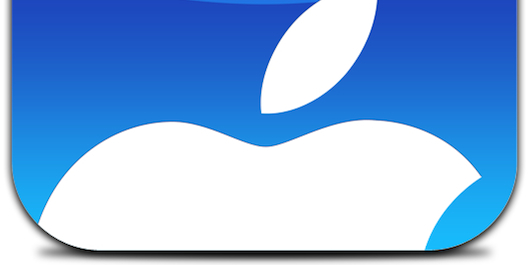Updated Monday, Jan 18, 9:30 a.m.
It’s been six years since Steve Jobs told the world that “most mobile advertising really sucks,” and that he intended to do something about it. His solution was iAd — a platform for Apple to create, sell and deliver ads across a large-scale network of mobile apps. iAd promised to provide a more creative canvas for advertisers, and better experience for users.
But better mobile advertising was one of Jobs’ dreams that hasn’t become a reality, at least not through iAd.
After years of struggling to win over advertisers and stiff competition from Google and Facebook, Apple is planning to end its efforts to make iAd the dominant player in mobile ad sales.
BuzzFeed and Business Insider reported last week that Apple was planning to shut down its in-house iAd sales and automate much of the platform, effectively ending its direct involvement in it. Update: However, Apple wrote in a post on its developer blog on Friday that it will be shutting down iAd entirely as of June 30, and will no longer accept new developers into the network beginning immediately.
As part of the wind-down, Apple is also shutting down its ad-supported iTunes Radio service. Listeners are being redirected to stations and playlists available through Apple Music.
iAd was never a popular vendor among media buyers. From day one, it’s been inundated with complaints about its “control freak” approach to ad sales, its slow progress on developing ad products and its tight lockdown on Apple user data. In a damning article in 2014, Ad Age wrote that media buyers felt iAd was “slow, cocky and downright stingy,” and that Apple treated ads as an afterthought – an impediment to their users’ experience.
Despite initial enthusiasm among Canadian media buyers for Apple’s entry into advertising, iAd never really materialized north of the border. Media agency executives that Marketing spoke to for this story said that iAd has likely only ever had one sales rep in Canada, and that the market has been significantly underserved by Apple. One senior exec at a major agency wasn’t aware of a single client that’s worked with Apple on mobile ads.
Speaking to Business Insider on Thursday morning, ZenithOptimedia chief digital officer Stefan Bardega said that Apple’s miserliness with data has made iAd’s story one of “unfulfilled potential.” Jim Caruso, senior vice-president of product and client strategy at Varick Media Management, echoed the sentiment in AdExchanger: “The lack of flexibility to utilize data severely hamstrung our ability to take advantage of the key benefits it provided in terms of reach and premium inventory,” he said.
iAd also struggled to find a pricing model that made sense. Advertisers initially balked at an ultra-high minimum commitment of $1 million. Weak sales led Apple to cut that down substantially; according to some reports, by 2014 its minimum had shrunk to just $50.
In November of that year, iAd opened up its inventory to programmatic platforms including The Rubicon Project, MediaMath and The Trade Desk, marking its first step away from direct sales towards an automated, self-serve model. It’s looking like Apple’s relationships with those platforms will now end, though publishers may continue to sell their inventory through their own programmatic relationships.
Apple had not responded to a request for comment by press time.











